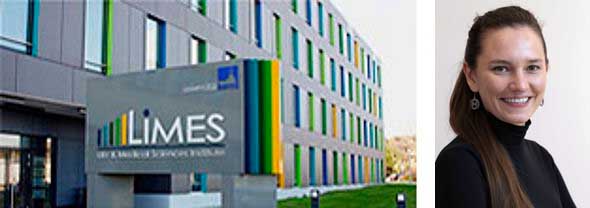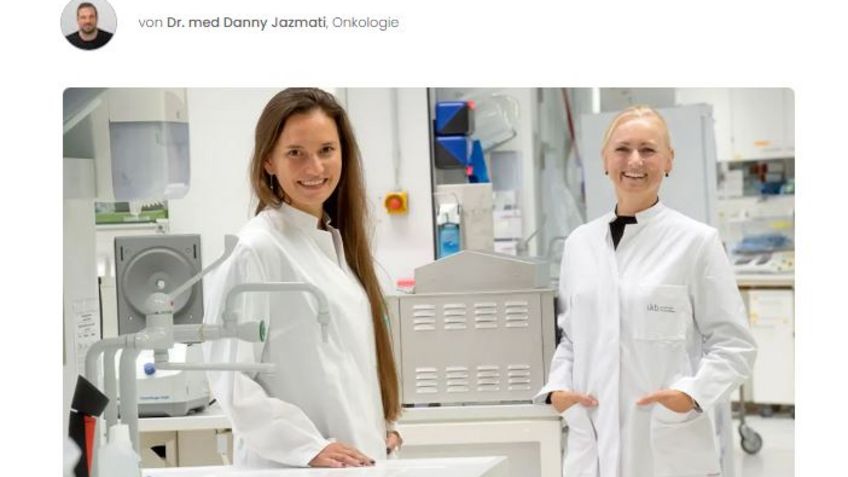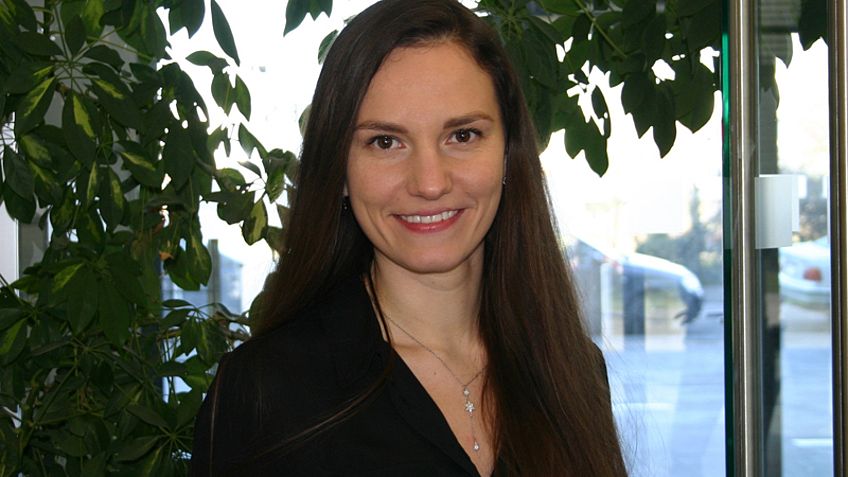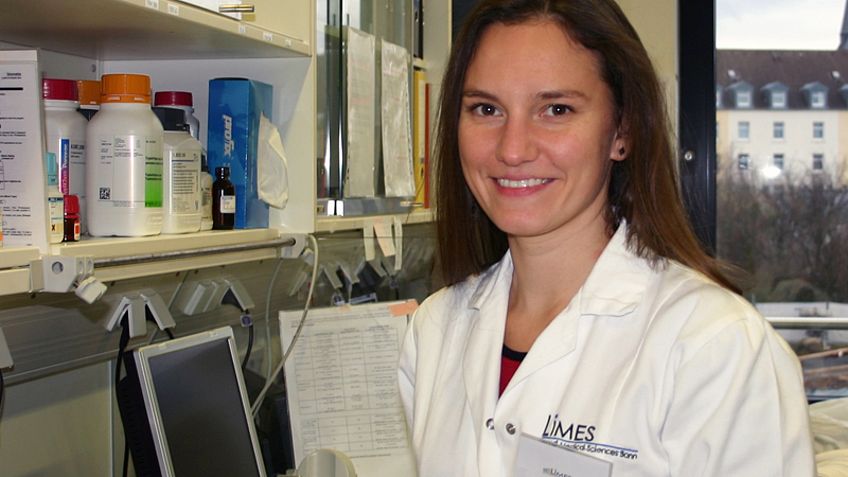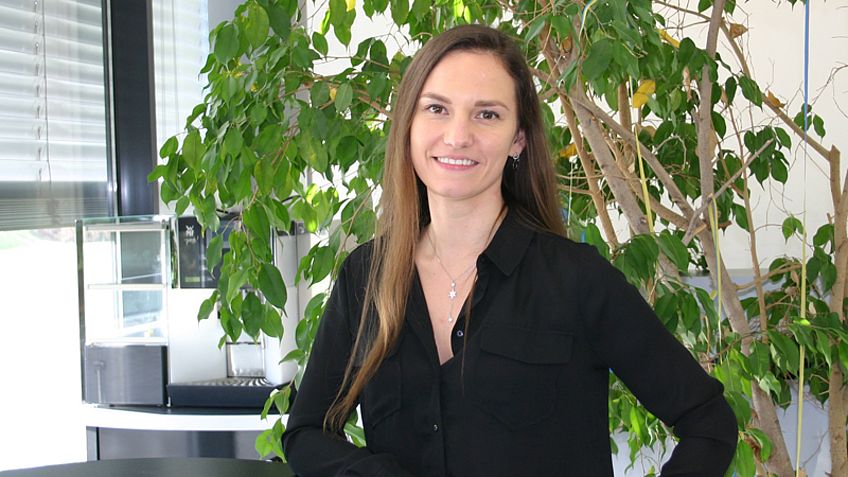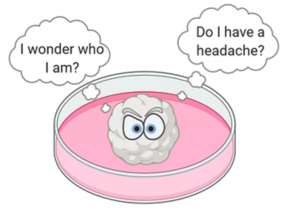Unsere sozialen Aktivitäten!
Folge uns auf Twitter!
We believe that public reach-out is essential for our research. Thus, we go into schools, become bloggers, disseminate our work nationally and internationally.
Follow all our scientific and public reach-out activities on Twitter!
Blogs von unseren Labormitgliedern!
Einige unserer Labormitglieder schreiben und lesen nicht nur gerne wissenschaftliche Arbeiten, sondern auch Blogs, die mit dem täglichen Leben eines jeden Wissenschaftlers oder Studenten zu tun haben!
Bleiben Sie also dran, denn wir aktualisieren diese Blogs (auf Englisch) hier regelmäßig!
New blog: A self-organized small ball of cells or functional “mini brains”?
To study neurodevelopment and neruological disorders human stem cell-derived organoids (so called "mini brains") have entered the scientific scene.
Our Postdoc Nelli presents the pros and cons of this model and what we should consider ethically when working with human mini brains.
Read more at:
A self-organized small ball of cells or functional “mini brains”?
Mother and early career scientist – how to combine parallel roles?
Our PhD student Nora is pursuing both, a career and a family, and is asking questions that many female scientists are dealing with.
"The desire to have a child and the wish to begin an academic career came at the same time into my life. Should I drop science to start a family? Should science drop me, ‘cause I wish to have children?"
Read more at:
Mother and early career scientist – how to combine parallel roles?
From pipets and antibodies to computers and algorithms – wet-lab versus dry-lab
I am Amir Kayvanjoo, a PhD student in the field of Molecular Biomedicine at LIMES institute, research group of Dr. Mass, University of Bonn. I have done my bachelor in Biology-Animal Sciences in Iran and later my Master in Life Sciences Informatics with the focus on data science and chemoinformatics at the University of Bonn. In a series of articles, I would like to address a topic that many biology students might have heard of; bioinformatics and transiting from traditional biological experiments to computational biology. In this article, I have done an interview with Nico Reusch, who has combined both, bioinformatics and wet-lab experiments, during his studies.
Read more at:




